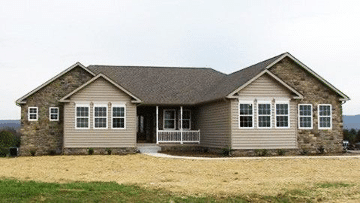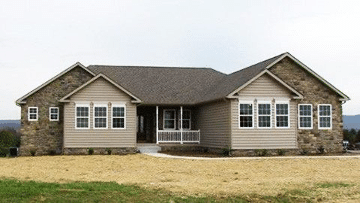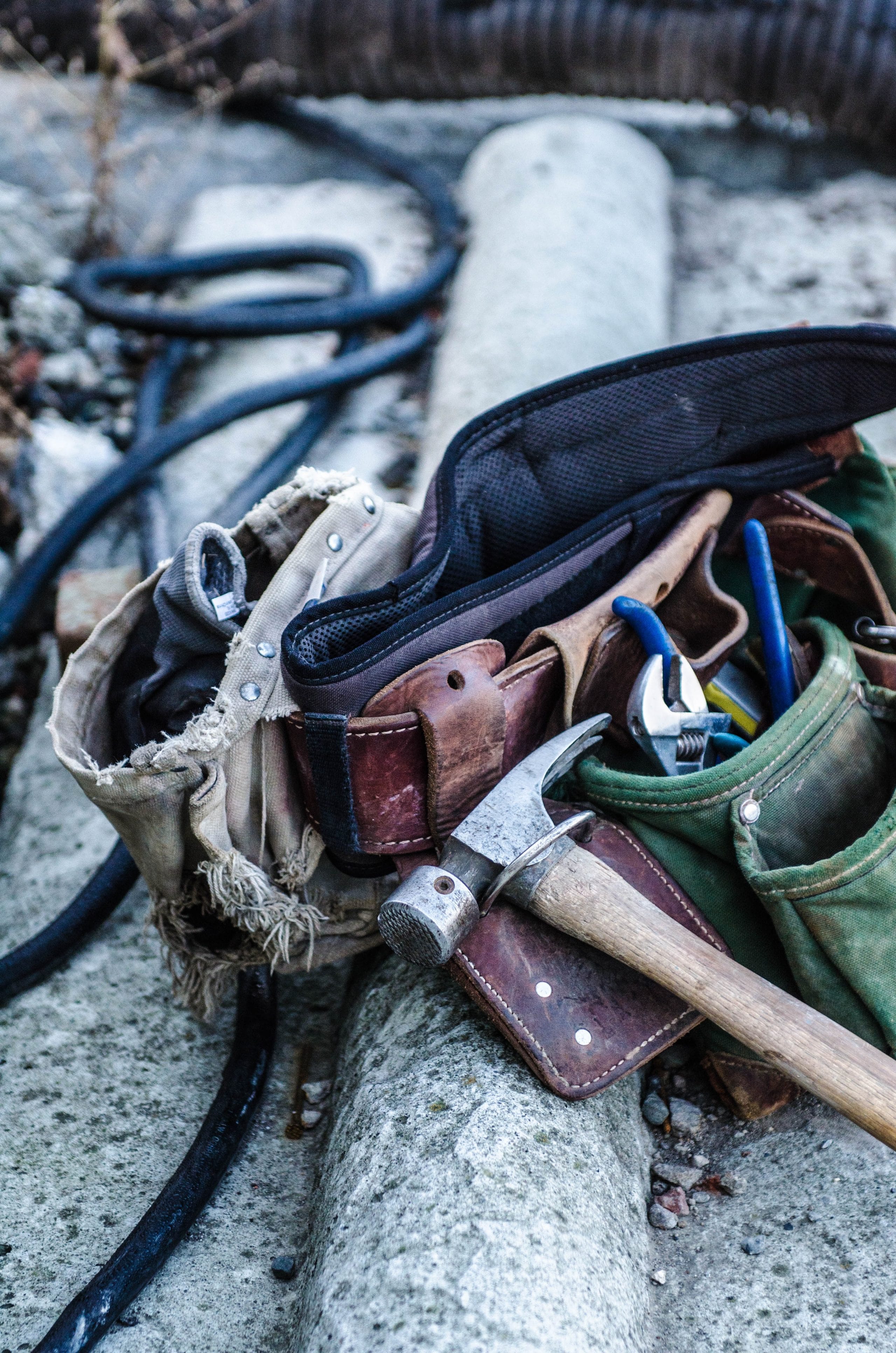
Over the past year, most of us have spent QUITE a bit more time at home than what we’re accustomed to. For many families—especially those with kids at home—quarters may be starting to feel a little cramped. Maybe you’re starting to wonder… Do we need to build on an addition?
A home addition can be a fabulous solution for increasing your living space without having to go through the process of actually moving into a new home. But just because it may sound simpler than starting from scratch, that doesn’t mean constructing an addition should be taken lightly.
If you’re considering an addition, here are a few questions we recommend thinking about before making any commitments.
How would a home addition look with the rest of your house?
While many modern homes can be easily built onto, more classic or historic homes can come with cosmetic and foundational challenges. If you live in an older home—or a home that poses unique challenges for some other reason—be sure to consult with a professional to get a realistic idea of how your addition might look upon completion.
How would an addition fit in with your neighborhood?
Similarly to the first question, it’s important to consider how an addition would fit into the bigger picture of your neighborhood. Do you live on a historic block where neighbors are likely to have an adverse reaction to new construction? Is your neighborhood full of one-bedroom starter homes, whereas you want to create a five-bedroom? Even if you’re not overly concerned about your neighbors’ opinions of your home, it’s worth thinking about how the addition might impact your ability to resale your home in the future.
Do you actually have space for an addition?
This may seem somewhat obvious—and yet, many families don’t take time to really consider where exactly their addition is going to go, or how it would impact their outdoor space. If you live on a small city lot, finding room to build at floor level may be difficult. In some cases, building below ground, adding a second story, or expanding into a hillside may be an option—but each property is different, and it’s important to consult with a professional to see whether your property is even appropriate for an addition.
Are there alternative, less extreme solutions for creating more space in your home?
For example—is there an annoying wall that could be knocked down? An unused closet that could be sacrificed? An attic that could be easily converted into an office? Don’t be afraid to get creative when looking for extra room. Again, this is a great chance to consult with a trusted expert and see what ideas someone in the field might have.
If you’re considering a home addition in West Virginia, Virginia, Maryland, Pennsylvania, we’d love to speak with you.
Here at JC Smith, we have a wealth of experience in home additions, modifications, and renovations of virtually every type. Get in touch with us HERE to start a consultation!








